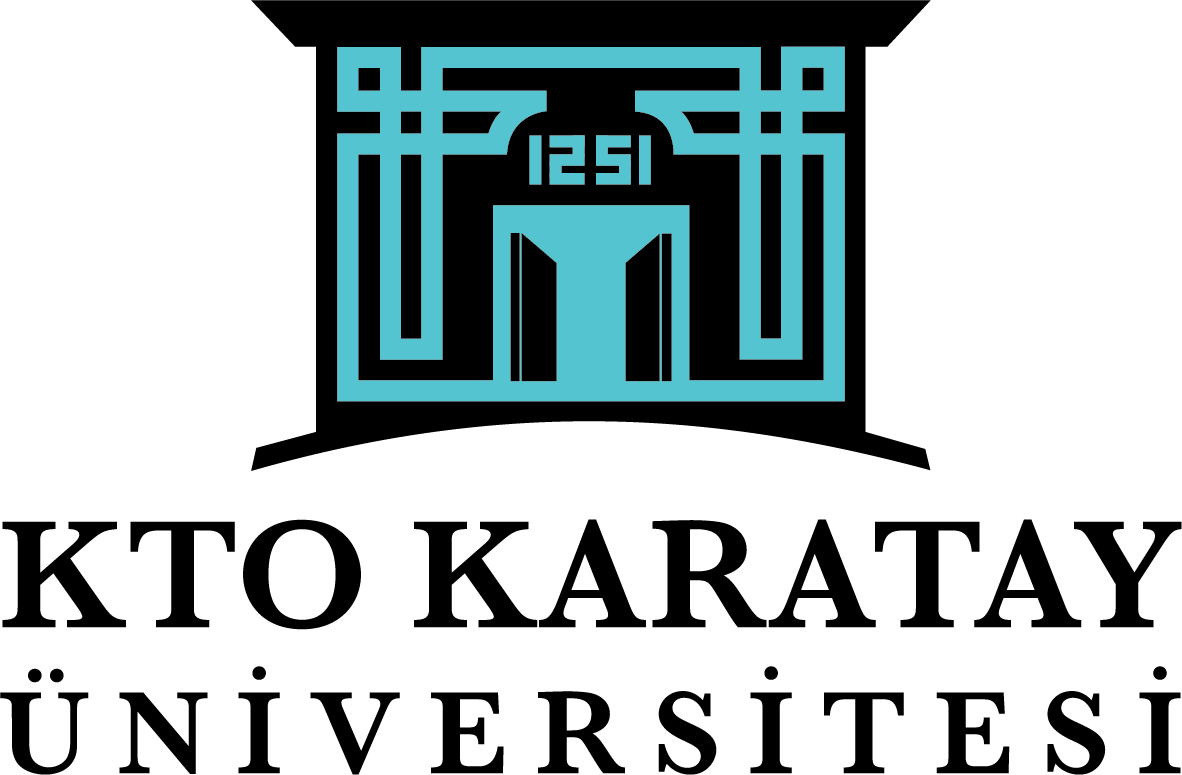| dc.description.abstract | In this study, it was aimed to investigate the effects of application of melatonin and zinc on lipid peroxidation and elemental metabolism in female rats with DMBA-induced mammary carcinoma. The study groups were composed of control, DMBA control and treatment (DMBA+ zinc, DMBA + melatonin and DMBA + zinc+melatonin) groups. Female rats (except the control group) were given a strong carcinogen DMBA. After tumour formation, zinc and melatonin were administered to the treatment groups at a dose of 5 mg/kg/day for 4 weeks. MDA as an indicator of tissue damage and GSH levels as an indicator of antioxidant activity in blood and breast tissue samples were determined by spectrophotometric method. Besides, some serum element levels (iron, magnesium, zinc and copper) were calculated.
The highest level of MDA found in plasma and breast tissue was obtained in the DMBA control group. Plasma MDA levels of the breast tissue were lower in the zinc group than in the melatonin group and significantly decreased in the zinc + melatonin group. Plasma MDA levels showed a significant decrease in the zinc + melatonin group, although there was no difference in the zinc and melatonin groups. The lowest GSH level found in erythrocytes and breast tissue was obtained in the DMBA control group. When zinc and melatonin groups were compared in the breast tissue, GSH level of zinc group was found to be higher than GSH level of melatonin group. Furthermore, the highest increase was found in the zinc + melatonin group. The highest levels of iron, magnesium and zinc were found in the zinc + melatonin group, and the highest level of copper was obtained in the DMBA control group.
The findings showed that the antioxidant activity suppressed by increased oxidative damage in rat mammary carcinoma was improved, but the administration of zinc + melatonin gave better results. | en_US |















